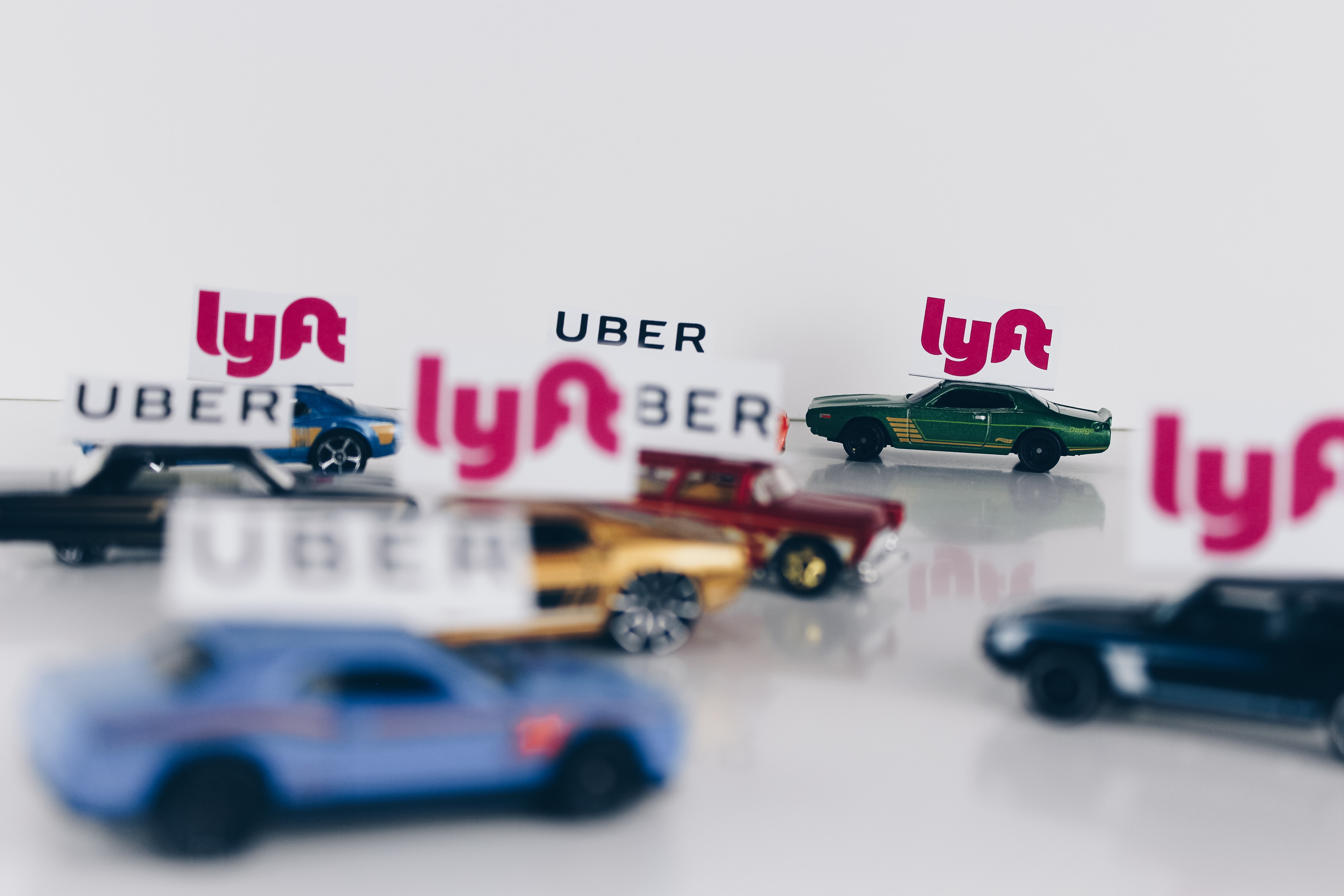Over the last 10 years, and even before the use of digital apps for contract work, numbers of self-employed workers have been increasing at an exponential rate. This boom is showing no signs of slowing down. 20-30% of the workforce in the US and EU-15 countries is involved in the gig economy, which equates to roughly 162 million people who are engaged in some sort of non-traditional work.
What is the ‘Gig Economy’?
The gig economy describes the growing number of people going their own way through freelance and contract work – any situation where the individual is paid per job, or ‘gig’. This contrasts with the traditional ‘9 to 5’ full-time occupation where you are paid a salary once a month.

(Photo by Thought Catalog on Unsplash)
What has Caused it to Grow?
The growth can be attributed to both employers and workers. On the one hand, companies are trying to cut or limit their staffing costs. Employing freelancers makes sense in certain situations; workers are only paid when work is available, so there are no ongoing overheads to the business when the demand isn’t there.
On the other hand, workers have been a main driving force behind the swelling of the gig economy. A lot of people are more than happy to trade flexibility and freedom with a lack of job security, lower pay, and fewer employee benefits. ‘Gig’ work suits younger people who are willing to take on projects without security, and it also suits many professionals such as accountants, legal advisers, writers and graphic designers.
Also, the advancement of technology in the last decade has made freelancing a more viable option. Think of the Uber and Deliveroo apps, and how easy it is for people to download them, sign up, and begin working straight away.
Finally, the fact remains that we live in a different world to the one where the baby-boomer generation could expect to have a job for life. The modern world is unpredictable, and nothing should be taken for granted. Things are in a constant state of flux – entire industries have been created in the last few decades alone, with many set to disappear in the coming years.
Gone are the days of working 9-5 in a cradle-to-grave job.

(Photo by Thought Catalog on Unsplash)
What are the Benefits of Gig Work?
The main benefit of working as an independent contractor or freelancer is that the individual has complete freedom and flexibility to work when and where they want. They are in charge of their own destiny, with only themselves to answer to. Younger generations are increasingly rejecting the predictability and stability of the traditional career path in search of a more varied, interesting and flexible one.
Work can be more varied and interesting, the desirable option of working from home is possible, and depending on the work there is no commute. These last two benefits are especially important to younger generations such as millennials, who are very environmentally conscious. By 2025, 75% of the world’s workforce will be made up of millennials, so we are going to see the gig economy keep on expanding at an incredible rate. For example, If the gig economy keeps growing at its current rate, more than 50% of the US workforce will take part in it by 2027.
Critics of the gig economy believe that the individuals who choose to do this type of work can’t be satisfied with their occupations, but the data says otherwise. A 2018 Department for Business, Energy & Industrial Strategy (BEIS) report found that 90% of people who use gig work as their main source of income were either fairly or very satisfied with their experience. 58% said they were satisfied with the independence of their work, while 56% were satisfied with the level of flexibility offered.
What are the Pitfalls?
Nothing’s perfect, and like traditional salaried jobs there are several pitfalls and negative aspects. For ‘gig’ workers, there is no protection against unfair dismissal, no right to redundancy payments, and no guarantee of work.
The important thing to consider here is that although these negatives seem damning, we have to remember that the younger generations – the people who within the next decade will form a majority of the freelance workforce – have a devil-may-care attitude and are more concerned about their freedom and flexibility. As far as they’re concerned, if they must make sacrifices to have the flexible work-life balance they crave, then so be it.
However, things are gradually improving, and in the next few years I predict that we’ll see more court rulings that will be crucial in improving the rights of ‘gig’ workers.

(Photo by Robert Anasch on Unsplash)
The UK Retail Sector
Like all our content, we are always interested on how developments affect the retailers of the United Kingdom. The government’s August 2019 labour market commentary reported that the highest number of vacancies across the UK economy was in the retail and wholesale sector, with 133,000 vacant positions. Britain’s gig economy is booming and now represents 4.7 million people – roughly 14% of the entire UK workforce – working in flexible positions across all industries. For retailers, this valuable shared workforce can help to reduce labour costs, increase productivity, manage seasonal peaks, and support on delivering experiential formats. By utilising it, retailers can slash their recruitment costs and empower employers to meet customer demand.
The Gig Economy Won’t Be Stopped
It will only grow bigger and become increasingly sophisticated as more shared workforce apps are launched, and ‘gig’ workers gain more rights. According to the Intuit 2020 report on the future of gig work, more than 80% of US-based large companies will increase their use of non-traditional workers in the coming years. In the UK, half of the total workforce will be engaged in some form of independent work in the next five years. The world of work is transforming at a breakneck speed; the traditional 9-5 occupation will become more uncommon and there will be less offices as people will be working from home or utilising shared workspaces.
In conclusion, the gig economy will benefit businesses by allowing them to tap into a shared workforce of skilled and experienced workers. Also, it has the potential to cure the employee engagement and productivity crisis, by allowing individuals to take ownership of their work and its direction.
RMS are a leading merchandising and retail support company that use intelligent technology to schedule and manage teams of flexible workers. We help retailers improve the in-store customer experience and increase sales.
